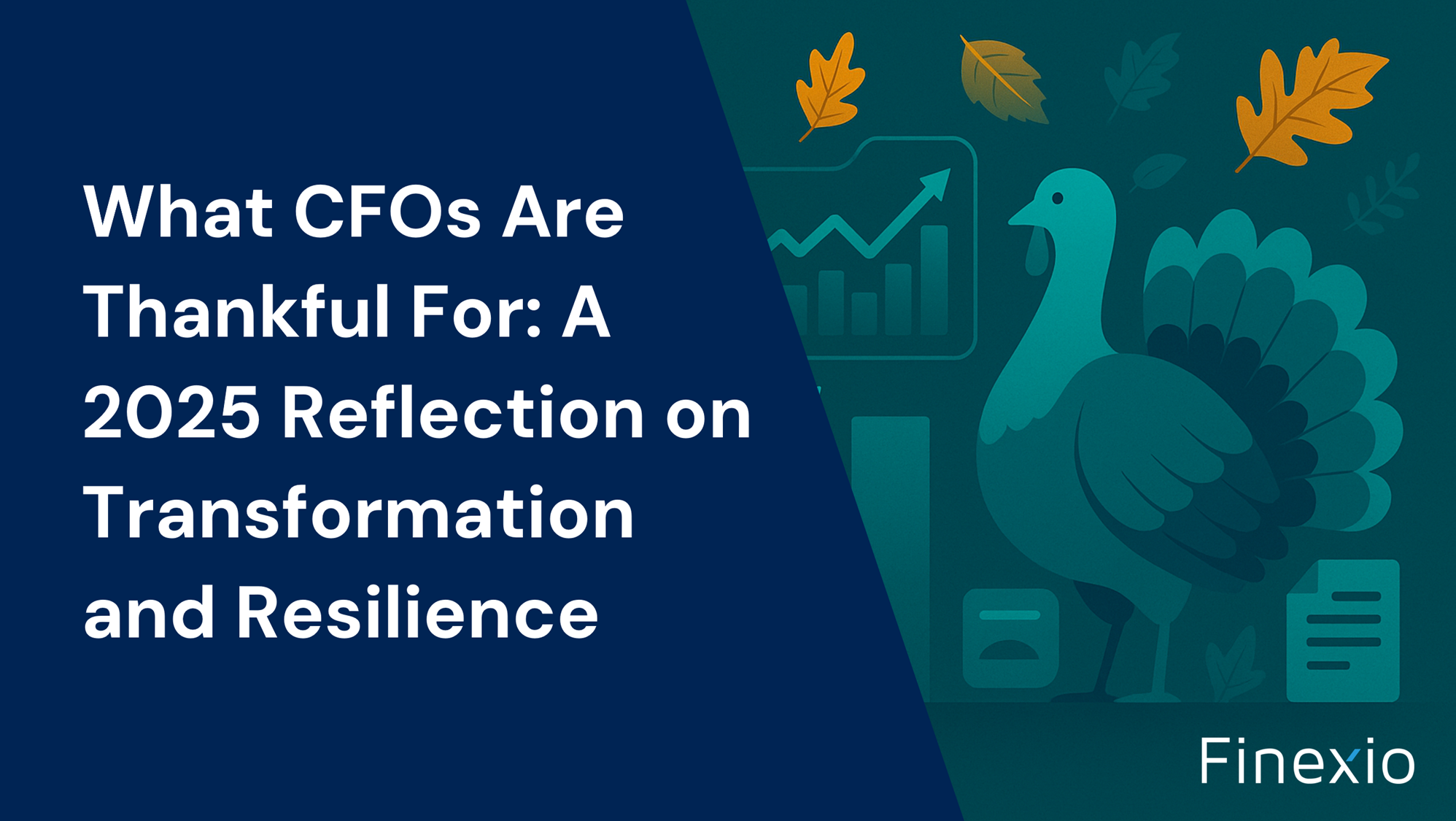How Hospitality is Using Digital AP to Prepare for a New Era


The effects of the pandemic on the hospitality sector mean forecasting and strategic decision-making have never been more critical, yet it is increasingly challenging. Unpredictable demand has made the budgeting and financial planning process difficult. Reductions in occupancy, continued uncertainty around vaccinations and uneasiness regarding travel all present both short-and-long-term challenges.
For example, full-service hotels in traditional leisure markets have observed strong weekend demand, followed by single-digit occupancy during weekdays due to a halt in business travel. Up to 34% of pre-COVID-19 business travel could be permanently replaced by technology, and even a fraction of this estimated loss could have devastating consequences for business-oriented hospitality properties. Other full-service hotels located in markets with corporate and convention demand are operating at record low occupancy figures due to the loss of mid-week corporate bookings. And with the Delta variant of COVID-19 scuttling corporate return-to-work plans, there is no guarantee of these bookings coming back any time soon.
It is a challenging time, to be sure, but there is hope for recovery. Many hotels and hospitality-oriented businesses are looking for ways to streamline internal financial processes to help supplement lost income, increase cash flow, and strengthen their business for the new post-COVID era. Digitizing B2B payments is one of the key solutions hotels are employing to help safeguard for the future.
Digitizing B2B Payments in the Hospitality Industry
COVID-19 has accelerated the digitization of everyday life for most consumers, and this also is true in the B2B space. According to a 2020 McKinsey & Company report on the state of travel as industry, investing in digital technology is the primary way that the travel businesses they spoke with are planning to grow again following COVID-19.
Accounts payable is an area ripe for transition. According to the Institute of Finance & Management (IOFM), AP staffers spend 84% of their time processing invoices, and more than 50% of companies still pay vendors by mailing paper checks, costing as much as $54 billion annually. Not to mention that paper invoicing and checks also require people to come into the office and handle them.
Finexio, in partnership with BirchStreet’s automated procure-to-pay software, takes what can be very complex payment processes for the hospitality industry and simplifies them across properties, reducing costs and increasing revenue.
For example, Birchstreet outlines the story of a particular client. “Prior to modernizing their payment solution, this client was paying 95% of their invoices by check, 5% via ACH and had no virtual credit card (VCC) payments in place. Their manual processes meant invoice approvals were taking up to 10 days. After adopting an automated invoice management solution, the hotel was able to shrink approval time to 3 days, as well as reduce checks by 50%, increase ACH by 30%, and add in VCC as a payment option. By updating their solution, the hotel went from a cost of $9K for processing to a profit of $6K and improved their relationships with suppliers by expediting payments.”
The Benefits of Virtual Card
Virtual credit cards (VCC's) are a recent innovation in hospitality B2B payments. Traditionally used by travel agencies to pay hotels for client stays, VCC's have proven beneficial to the hospitality payments ecosystem, bringing a host of benefits to B2B payors and suppliers, including greater control over AP spending, and enhanced security through unique, single-use card numbers, enabling automatic reconciliation. VCC’s allow companies to save significantly when making cross-border payments by allowing payment receipt in local currency, avoiding fees that can be incurred when receiving payment across borders. Hotels and travel management companies can reap additional benefits by decoupling when they receive payment from when they pay suppliers, easily extending payment terms to free up cash flow, turning their accounts payable department into a new source of revenue.
The Future of Hospitality B2B Payments
To avoid future fallout, hospitality businesses need to have the systems and technology in place to ensure they can recover losses in the event of unforeseen circumstances. Virtual card use is currently the best way to achieve this as it is a more secure payment method that protects private information and helps prevent damaging data breaches.
As a result of the income loss the hospitality industry has experienced, savings will be a priority throughout the remainder of 2021 and 2022. And B2B payments will be the biggest area of opportunity for optimized processes in the coming years. Digitization and investment in technology will no longer be a trend, but a mandate that will drive greater innovation and bring long-term benefits to the B2B travel payments ecosystem.
Learn more about the benefits of streamlining your AP processes and increasing cash flow. Book a consultation with one of our payments experts to get started!
Sources:
Skift Research in partnership with McKinsey & Company. The Travel Industry Turned Upside Down. McKinsey & Company, 2020.
EY - How to better forecast recovery in the hotel industry
Get the free Newsletter
Get the latest information on all things related to B2B and electronic payments delivered straight to your inbox.




